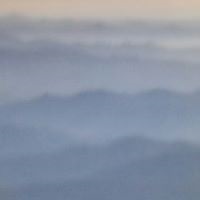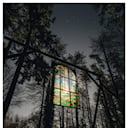What is "miswak"?
The miswak is a teeth cleaning twig made from the Salvadora persica tree (known as arāk). It is reputed to have been used over 7,000 years ago. The miswak's properties have been described thus: "Apart from their antibacterial activity which may help control the formation and activity of dental plaque, they can be used effectively as a natural toothbrush for teeth cleaning. Such sticks are effective, inexpensive, common, available, and contain many medical properties".
The miswak is predominant in Muslim-inhabited areas. It is commonly used in the Arabian peninsula, the Horn of Africa, North Africa, parts of the Sahel, the Indian subcontinent, Central Asia and Southeast Asia.
The World Health Organization (WHO) recommended the use of the miswak in 1986, but in 2000, an international consensus report on oral hygiene concluded that further research was needed to document the effect of the miswak.
Studies indicate that Salvadora persica extract exhibits low antimicrobial activity compared to other oral disinfectants and anti-plaque agents like triclosan and chlorhexidine gluconate.
A miswak should be one hand span in length when selected. If it becomes dry, it should be soaked in water to soften the end bristles. The end should be cut afresh to ensure hygiene and should never be stored near a toilet or sink.
More Info:
en.wikipedia.org







